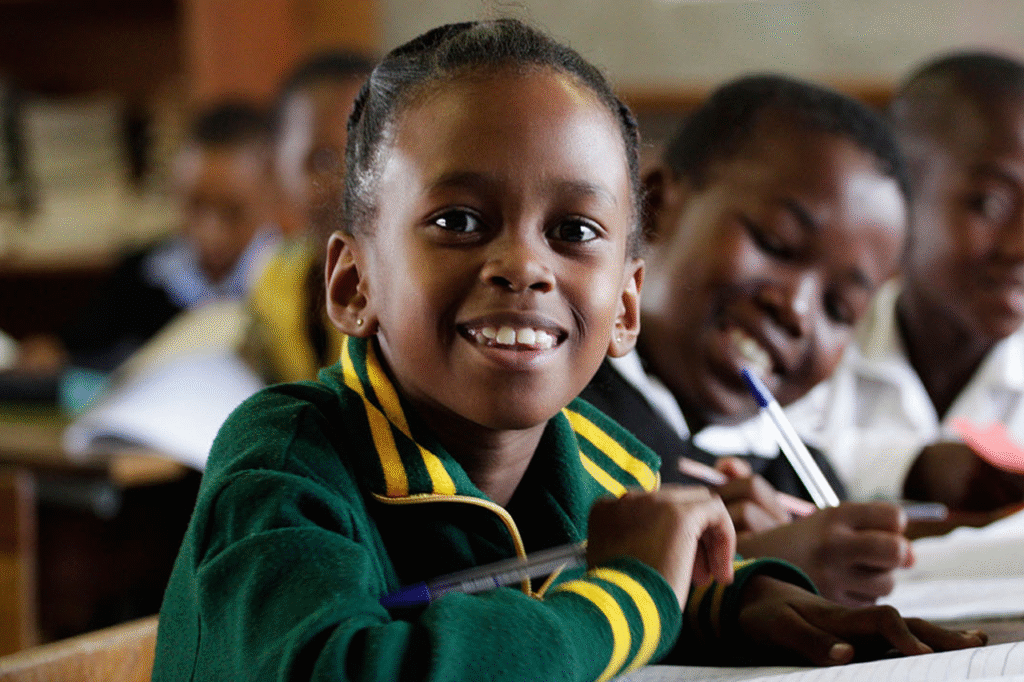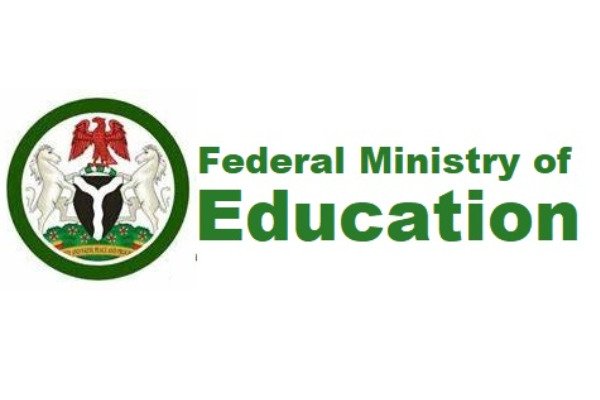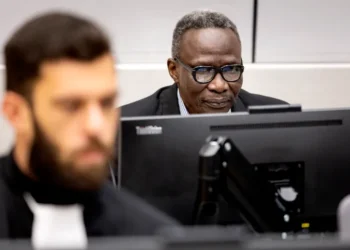The Federal Government has made a landmark decision to reintroduce Nigerian History as a compulsory subject in the nation’s basic education curriculum. Officials say the move is aimed at strengthening national identity, patriotism, unity, and responsible citizenship among young learners.
The Federal Ministry of Education announced the development in a statement posted on its official X account, confirming that the subject will return to classrooms in the 2025/26 academic session.
“For the first time in decades, Nigerian pupils will study History continuously from Primary 1 to JSS3, while SSS1–3 students will take the new Civic and Heritage Studies, integrating History with Civic Education.”
The Federal Ministry of Education
According to the ministry, pupils in Primary 1–6 will now learn about “Nigeria’s origins, heroes, rulers, culture, politics, economy, religions, colonial rule, and post-independence governance.” In Junior Secondary (JSS1–3), students will study “civilisations, empires, trade, European contacts, amalgamation, independence, democracy, and civic values.”
The ministry described the reform as a priceless gift to the nation, one that will reconnect children with their roots while inspiring pride, unity, and commitment to national development. To ensure a smooth rollout, the ministry has already released the revised curriculum, pledging to retrain teachers, provide learning resources, and strengthen monitoring mechanisms.

History Returns After Years Of Absence
History has had a chequered presence in Nigeria’s classrooms. In 2007, the Federal Government launched the New Basic Education Curriculum, which removed the subject from primary and junior secondary schools. That policy came into effect during the 2009/2010 academic session.
At the time, officials argued that students were largely uninterested in the subject, that job opportunities for History graduates were limited, and that there was a shortage of qualified teachers.
A decade later, in 2017, the Nigeria Education Research and Development Council announced plans to reinstate History, with the first steps scheduled for the 2018/2019 academic session. By 2022, the Federal Government had initiated a teacher training program specifically designed to prepare instructors for History’s reintroduction as a stand-alone subject.
The reintroduction of History is part of a broader education renewal strategy. In 2025, the Federal Government unveiled the Nigeria Education Sector Renewal Initiative (NESRI), a multi-pronged plan to improve outcomes at every level of education.
Among its targets is reducing the country’s high number of out-of-school children, currently estimated at about 15 million. The initiative also prioritizes literacy, digital skills, and inclusive education, ensuring no group of learners is left behind.
A critical component of NESRI is the LUMINAH program, which aims to help one million girls complete their education by 2030. Thousands of girls are already benefiting from digital literacy training under the initiative, underscoring the government’s push for equity and access.
Curriculum Reform To Match Global Demands
The new national curriculum for basic, secondary, and technical education, set to debut in the 2025/26 academic session, seeks to reduce subject overload and emphasize skill acquisition. It is designed to align education with global economic demands, embedding modern teaching methodologies, entrepreneurship, and 21st-century skills.
Technical and vocational education is also receiving significant attention, with over 650,000 students now enrolled in TVET programs nationwide. The government has upgraded several technical colleges while retraining teachers to deliver lessons with a focus on digital integration and quality assurance.
Beyond curriculum reform, the government has pledged heavy investment in school infrastructure, teacher capacity, and safe learning environments. Policies promoting inclusivity are also underway, with a focus on girls, children with disabilities, and marginalized groups.
Substantial resources are being allocated for data digitization, enabling better monitoring of education performance and helping to track progress across states. Officials believe these interventions will strengthen accountability and broaden access for learners across the federation.
With History restored as a compulsory subject and far-reaching reforms underway, Nigeria is signaling its determination to build an education system that is equitable, skill-centered, and globally competitive. Leaders hope the changes will not only produce knowledgeable citizens but also contribute to the country’s long-term socio-economic growth.





















